Naturalism and Unbelief in France, 1650–1729
Atheism was the most fundamental challenge to early-modern French certainties. Leading educators, theologians and philosophers labelled such atheism as manifestly absurd, confident that neither the fact nor behaviour of nature was explicable without reference to God. The alternative was a categorical naturalism. This book demonstrates that the Christian learned world had always contained the naturalistic 'atheist' as an interlocutor and a polemical foil, and its early-modern engagement and use of the hypothetical atheist were major parts of its intellectual life. In the considerations and polemics of an increasingly fractious orthodox culture, the early-modern French learned world gave real voice and eventually life to that atheistic presence. Without understanding the actual context and convergence of the inheritance, scholarship, fierce disputes, and polemical modes of orthodox culture, the early-modern generation and dissemination of absolute naturalism are inexplicable. This book brings to life that Christian learned culture, its dilemmas, and its unintended consequences.
- Establishes the resonance of early-modern French debates
- Examines the polemical techniques in early-modern France that succeeded in changing substantive issues
- Reveals the unintended consequences of early-modern French philosophical disputes, as each orthodox camp sought to reduce its equally orthodox opponents to a naturalism without God
Reviews & endorsements
'… indispensable … sure to fruitfully inspire many historians for years to come.' Jeffrey D. Burson, American Historical Review
Product details
No date availablePaperback
9781107514348
338 pages
230 × 153 × 23 mm
0.6kg
Table of Contents
- Introduction
- 1. From nature to God
- 2. Reading the ancients and reading Spinoza
- 3. Reductio ad naturalismum
- 4. The passion of Malebranche
- 5. Creation and evil
- Conclusion
- Bibliography.

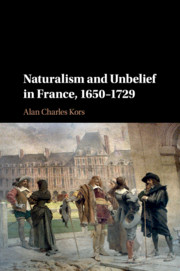
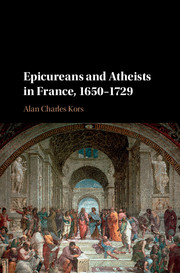
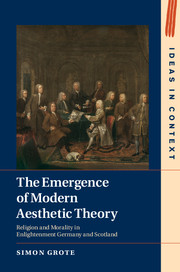
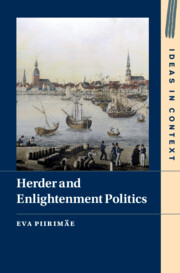
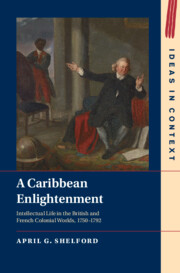




.jpg)